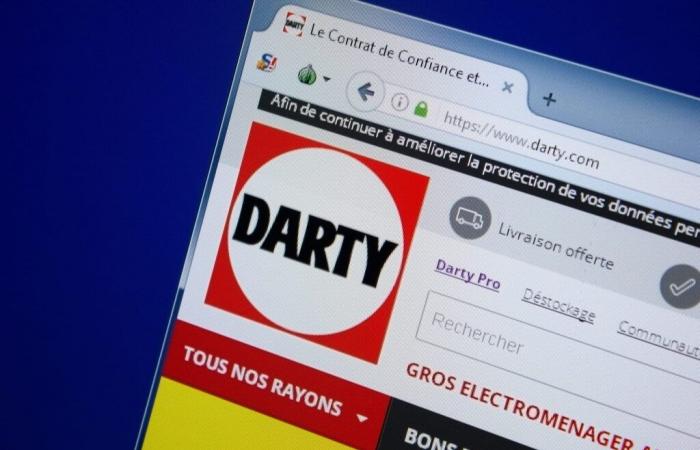Between 2007 and 2014, secret agreements allowed manufacturers and distributors of household appliances to maintain artificially high prices, to the detriment of consumers.
Between 2007 and 2014, twelve major companies, manufacturers and distributors of household appliances, agreed to distort competition and maintain high prices. This agreement, now sanctioned by 611 million euros in fines, reveals a complex system aimed at limiting competition, in particular from online distributors.
A coordinated strategy to keep prices high
The Competition Authority’s investigation revealed concerted practices involving ten manufacturers and two major distributors, Darty and Boulanger. Among the manufacturers, well-known names such as Whirlpool, Electrolux, SEB, LG and Smeg were sanctioned. These companies allegedly communicated “recommended” prices to their distributors, sometimes using “coded language” to conceal their instructions. These practices aimed to prevent their products from being sold at more attractive prices, particularly on the Internet.
In a press release relayed by Le Monde, the Authority specified that this agreement was intended to “reduce competition, in particular that exerted by online distributors, and maintain high sales prices for consumers”. These facts were accompanied by rigorous controls to guarantee compliance with the imposed prices. Some companies even threatened to suspend their deliveries to recalcitrant distributors.
Historic fines for economic damage
The total amount of fines amounts to 611 million euros, a record for this type of case in France. Fnac Darty, for example, was fined 109 million euros. The group “will record an additional charge of 24 million euros for the 2024 financial year, with no impact on current operating income,” he said in a press release cited by Libération.
SEB, another key player, was ordered to pay 189.5 million euros. The group announced that it “will file an appeal” before the Paris Court of Appeal, rejecting “any allegation that its practices did not comply with competition rules”, as reported by Le Figaro.
Boulanger, a distributor based in the North of France, for its part received a sanction of 84.35 million euros. Electrolux was also heavily penalized with a fine of 44.5 million euros. The firm indicated in a press release that it had provisioned this sum from 2023.
A context of fight against digital platforms
One of the main motivations for this agreement was to counter the rise of exclusively online distributors, considered more competitive in terms of price. “Traditional distributors, including the two main ones, Darty and Boulanger, fully participated in these agreements,” underlined the Competition Authority. This price control has limited intra-brand competition, thus slowing down consumers’ access to more advantageous offers.
Digital platforms, often discriminated against in this context, have not benefited from the same conditions as physical stores. This strategy allowed large brands to maintain their margins to the detriment of buyers.
The price cartel affair is not new. A first sanction of 189 million euros was imposed in 2018 against six of the manufacturers concerned. The recent decision extends this sanction by including new actors and a broader period.
Some groups had already anticipated the financial consequences. Fnac Darty, for example, had provisioned 84 million euros from the first half of 2023. Others, like SEB, continue to contest the grievances and are considering legal action.






